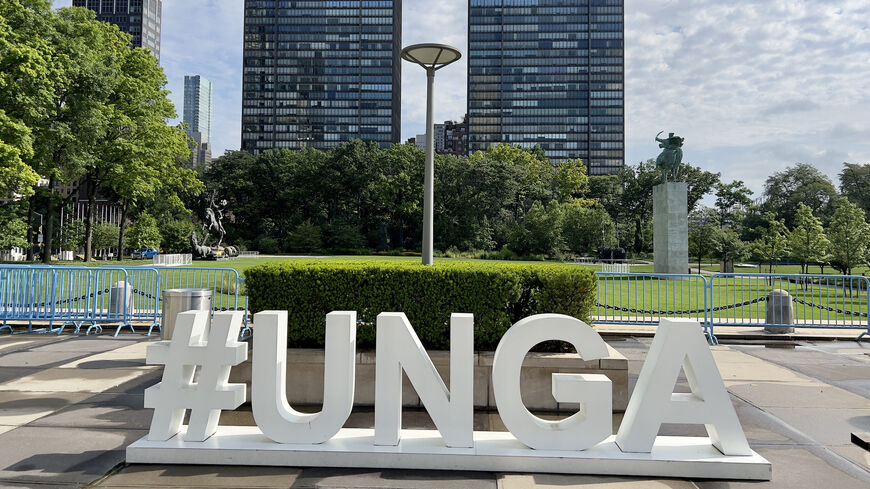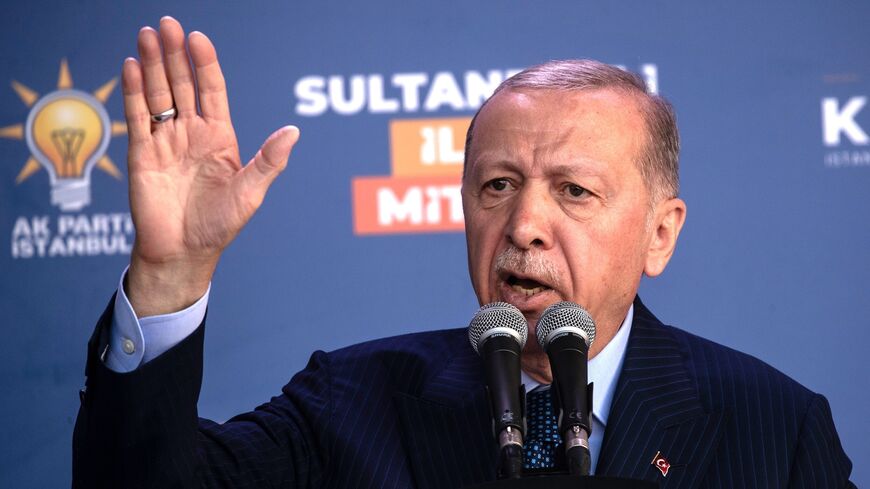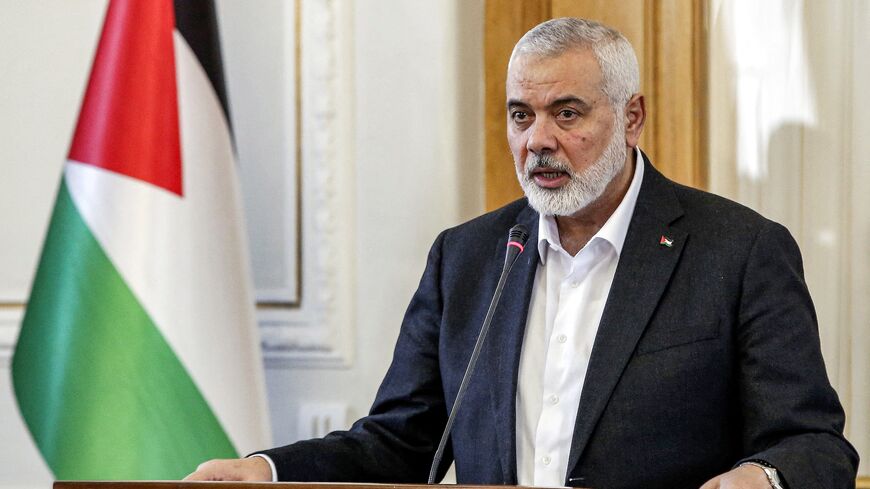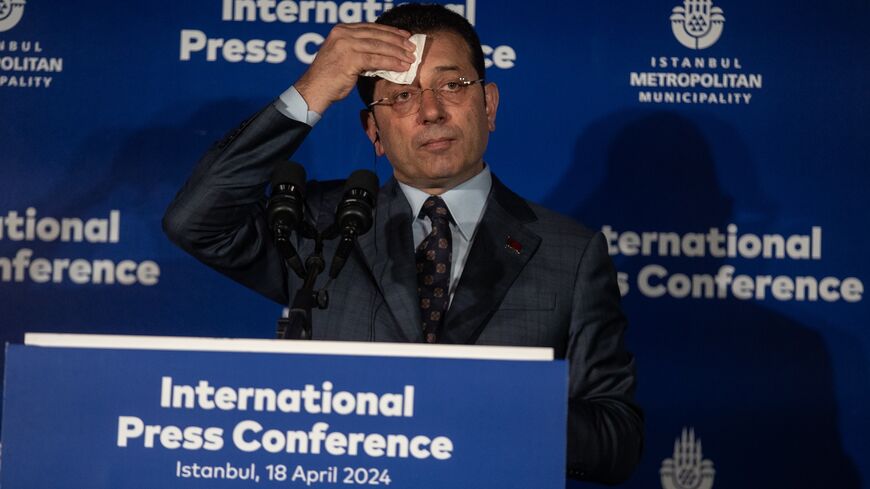Blinken, Fidan meet after Turkey postpones Erdogan's White House visit
The top US and Turkish diplomats met in the Saudi capital today after President Recep Tayyip Erdogan’s long-sought visit to the White House was postponed Friday.
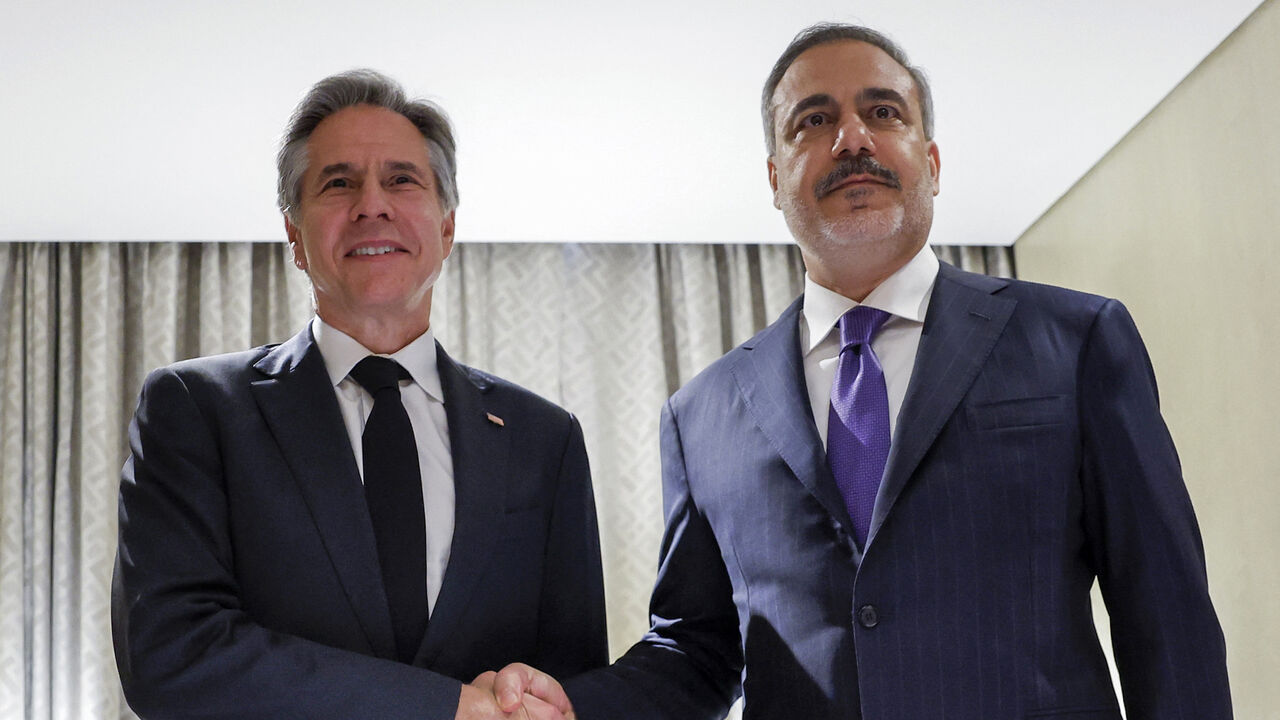
ANKARA — Turkey’s Foreign Minister Hakan Fidan met his US counterpart, Antony Blinken, in Riyadh on Monday as the two countries weather the aftermath of Turkish President Recep Tayyip Erdogan’s sudden decision to postpone his visit to Washington.
The pair discussed the ongoing Israeli attacks on Gaza, the delivery of urgently needed aid to the Palestinian enclave, cease-fire efforts and the release of hostages, according to the Turkish public broadcaster TRT.
Fidan met with Blinken in the Saudi capital, where the Turkish foreign minister had traveled on Sunday to participate in a contact group established by the Organization of Islamic Cooperation and the Arab League to discuss a cease-fire in Gaza. It includes the foreign ministers of Saudi Arabia, Qatar, Jordan and Turkey.
Blinken arrived in Riyadh on Monday as part of his seventh tour to the region since the start of the Hamas-Israel war.
It remains unclear whether the top two diplomats discussed the postponement of Erdogan’s long-sought visit to the White House in early May. The two sides cited scheduling conflicts for the move. The visit had not been officially announced.
Speaking a few hours before news of the postponement broke, US Ambassador to Ankara Jeff Flake reportedly told the Turkey-US Business Council meeting on Friday that the visit was going to take place.
Erdogan's planned visit was leaked to the Turkish media before the local elections on March 31. The Turkish President's ruling Justice and Development Party (AKP) suffered an unprecedented defeat in the vote, losing its leading party status to the main opposition Republican People’s Party based on nationwide vote share for the first time since its establishment in 2001.
Opposition parties had criticized the government over ongoing Turkish-Israeli trade ties during the campaign. The Turkish government later unveiled trade restrictions on 54 product groups on April 9.
But some Islamist parties are still pressing Erdogan's government to block Azerbaijani oil sales to Israel via Turkish ports.
Hours before the postponement, Erdogan intensified his criticism of the Biden administration. He slammed the US veto during last week’s vote at the UN Security Council for Palestine's full membership at the United Nations as well as Biden’s approval of a $26 billion wartime assistance package to Israel.
He also hit back at domestic criticism over the Israel-Hamas war from the Islamist New Welfare Party, which had made Turkish-Israeli trade ties one of the dominant campaign themes ahead of March 31 polls. “No one has the right to mar Turkey's exemplary stance on the Palestinian cause just to grab the spotlight,” he said in a thinly veiled jab at the Islamist party.
The tiny New Welfare Party, which had secured four seats in the Turkish Parliament in the May general elections thanks to its electoral alliance with the AKP, fielded its own candidates in the local polls on March 31. It managed to win two provinces that were former AKP strongholds.



